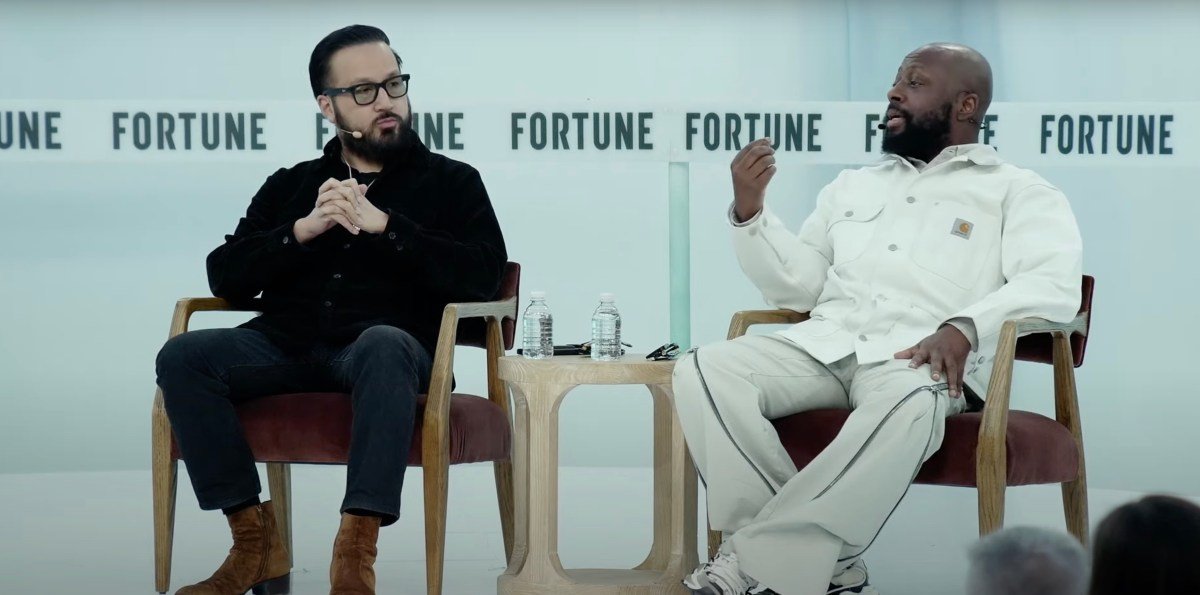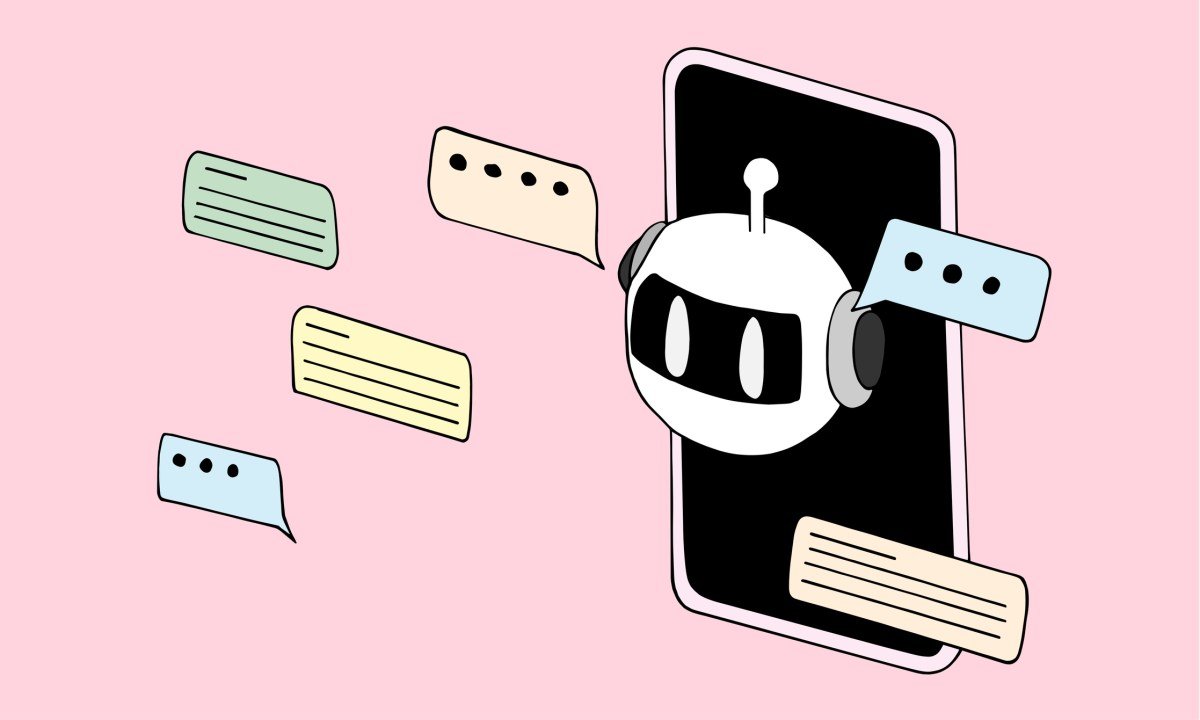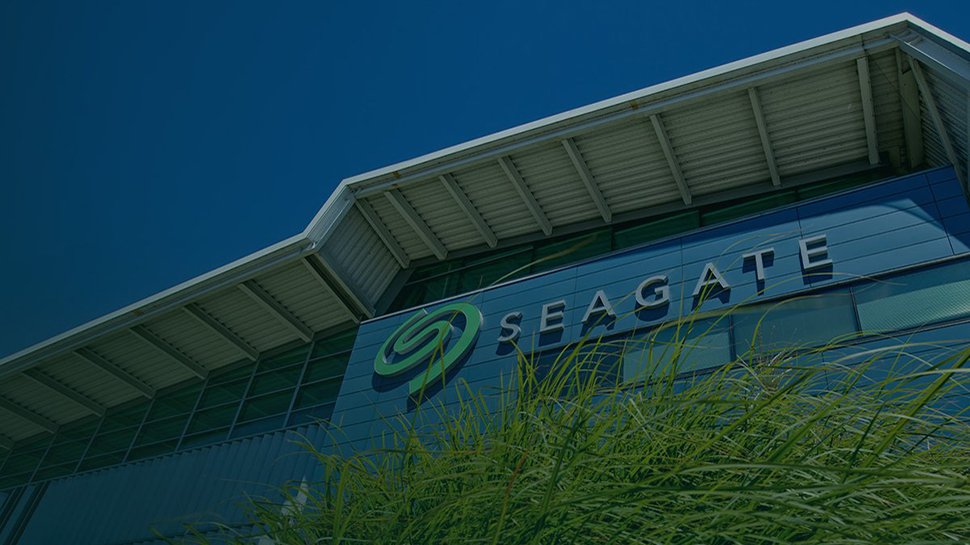Grammy Award-winning musician, composer, and producer Wyclef Jean says the music industry is broken, which is why he’s now involved with a startup, OpenWav, that’s looking to give the power back to the artists. Through the OpenWav app, launched over the summer, artists can drop new music and exclusives, connect directly with fans, sell merch, host concerts, pop-ups, and listening parties, and more.
Later, the startup plans to offer more assistance to artists using AI tools.
Speaking at the Fortune Brainstorm Tech conference this week, Jean, now Chief Creative Officer at OpenWav, had harsh words for the state of the music industry, particularly criticizing the business model of streaming services.
“If you’re a new artist, the amount of streams that you have to [accumulate] to get $10,000 is literally a rip-off. So now you have a constant revolt,” he said.
Jean pointed to Cardi B as a recent example of the problem, saying that while people probably thought it was funny that she was on the street selling CDs and vinyl albums (which she did in a TikTok promoting her album), what she was really doing was showing how bad things have become for artists.

To put things in perspective, OpenWav co-founder and CEO Jaeson Ma, who spoke alongside Jean at the event, said that, “Right now on Spotify…for $3,000 you have to hit 1 million streams.” Ma is a media industry entrepreneur, investor, and advisor who has backed numerous startups, including Musical.ly (which became TikTok), Triller, Coinbase, Grab, and others, and co-founded multiple media companies and the NFT app OP3N.
Ma explained that the industry’s broken model is why the team at OpenWav is building a direct-to-fan music platform.
Techcrunch event
San Francisco
|
October 27-29, 2025
“The algorithms are not rewarding music,” he noted, agreeing with a recent social media post from singer Lizzo, who complained about the lack of a “song of the summer” this year.
Ma then explained that what today’s artists need is not a million listeners on Spotify, but rather 1,000 true fans.
“If you have 1,000 true fans that give you $10 a month — which is a Starbucks coffee times 1,000 — that’s $120,000 a year as an independent music artist. Think about that.” (Technically, it’s $100,000 per year — he likely misspoke — but his point stands; there’s room to monetize the direct-to-fan experience.)

“Spotify is not paying you. Instagram, TikTok’s not paying you. But your true fans will pay you. They’ll buy your tickets. They’ll buy your exclusive music — your music dropped first on OpenWav. They’ll buy your merch. And if you’re making that type of money — just 10 bucks a month — you can actually build a sustainable career,” Ma said.
Of course, OpenWav isn’t alone in thinking about turning “super fans” into a revenue stream for artists. Spotify itself has been talking about building a super fan platform for some time, telling investors on its earnings calls that it aims to launch a new premium tier that would cater to fans who would get early access to concert tickets, more features, and other perks. The company has been negotiating with labels like Universal and Warner Music to make that happen.
OpenWav wouldn’t necessarily be targeting major artists, as Spotify is, however. Instead, it would be going after indie artists and others just starting out.

The concept isn’t entirely new. Spotify tried to enter this space, too, when it offered a way for indie artists to upload their own music back in 2018. But that effort was soon shuttered after the company faced pressure from its label partners who felt the move would cut into their sales.
Ma, in response to a question about what makes OpenWav different from other fan platforms, admitted there were competitors on the market today, but argued that none were doing everything that OpenWav is doing in one place.
“When you come onto OpenWav, you’re able to sell tickets and earn 80% of the profit — 20% [goes to] the platform enabling you to sell tickets to your shows,” he said. “Everyone that buys a ticket goes into the event chat, like a Discord, and you’re able to literally communicate and integrate and network with the very people that are buying the tickets to your shows,” Ma continued. “Then you’re actually able to drop merch in that same community chat with zero upfront costs, no inventory, global dropshipping.”
Artists on the platform would also own their audience, like fans’ email addresses and phone numbers.
The platform allows artists to use AI to design their merch, and both Jean and Ma expressed enthusiasm about the technology. Jean noted that AI can help musical artists create more than before, and Ma pointed out that even record producer and songwriter Timbaland has been using the AI music service Suno like a sampler to help him do more with his existing music.
In OpenWav, they plan to use AI to help artists the way a manager could, by suggesting things like tour locations or merch ideas, as well as providing tools to make album art or lyric videos, for example.
“What we see with AI is that AI is going to be your best friend as an artist,” said Ma, who said some AI features would arrive in the app’s “phase two.” In the meantime, OpenWav is available on iOS and Android devices for consumers.




